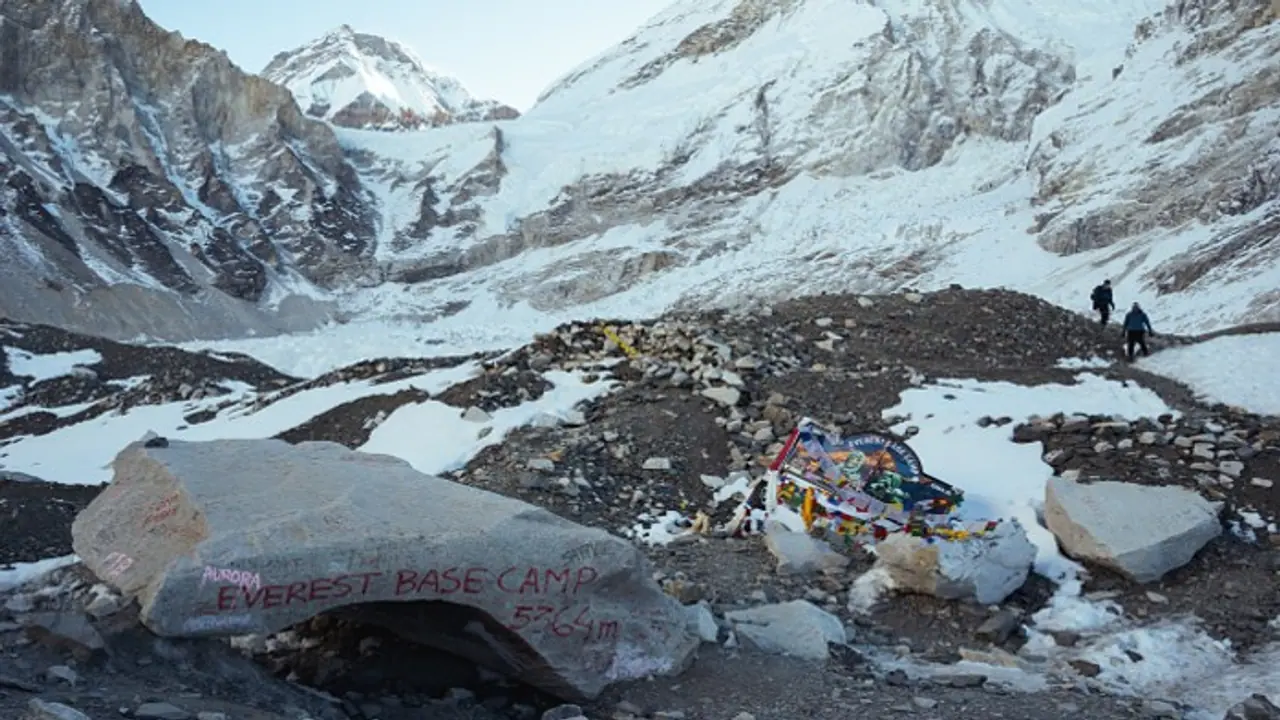Starting September 1, the permit fees for scaling the iconic mountain will soar by a staggering 36%, climbing from $11,000 to $15,000 per person.
Nepal has taken a bold step to tackle the dual challenges of pollution and overcrowding on the world’s tallest peak, Mount Everest. Starting September 1, the permit fees for scaling the iconic mountain will soar by a staggering 36%, climbing from $11,000 to $15,000 per person. This decision, the first revision since 2015, comes as part of a comprehensive policy overhaul aimed at safeguarding the fragile Himalayan ecosystem.

The revised regulations also include mandatory waste management protocols, shorter permit validity, and stricter equipment checks to address the mounting garbage crisis on Everest.
Spring (March-May): The busiest season sees the sharpest hike, with fees rising from $11,000 to $15,000.
Autumn (September-November): Charges increase from $5,500 to $7,500.
Winter (December-February) and Monsoon (June-August): Climbers will now pay $3,750, up from $2,750.
Nepali climbers are not exempt from the changes. Their autumn royalty fees will double, jumping from NPR 75,000 to NPR 150,000. Additionally, the validity of climbing permits has been reduced from 75 days to 55 days, a move designed to streamline expedition management. However, bookings for the spring 2025 season will proceed under the existing terms.
Mount Everest, once revered for its pristine beauty, has increasingly become a dumping ground for human and material waste left behind by climbers. Under the new rules, climbers must bring their human waste back to base camp in biodegradable bags for proper disposal. While base camps are equipped with toilet facilities, the higher camps lack such infrastructure, leading to years of unsustainable practices.
The revised regulations also forbid climbers from bringing items not listed in their permit documentation. This initiative complements local authorities' ongoing efforts, such as the enforcement of biodegradable waste bags for peaks above 8,000 meters.
Last year, nearly 2,000 climbers flocked to Everest Base Camp, with 421 permits issued. Despite 600 successful summits, the season generated an estimated 100 tonnes of waste. In a bid to mitigate the environmental impact, Khumbhu Pasang Lhamu Rural Municipality sold 1,700 biodegradable bags during the spring season, a practice now mandated for all climbers.
Indu Ghimire, joint secretary at Nepal's tourism ministry, underscored the multifaceted goals of the new policy. “The new regulations would be concentrating on garbage management, improving social security for high-altitude workers, and boosting government revenue,” she stated.
